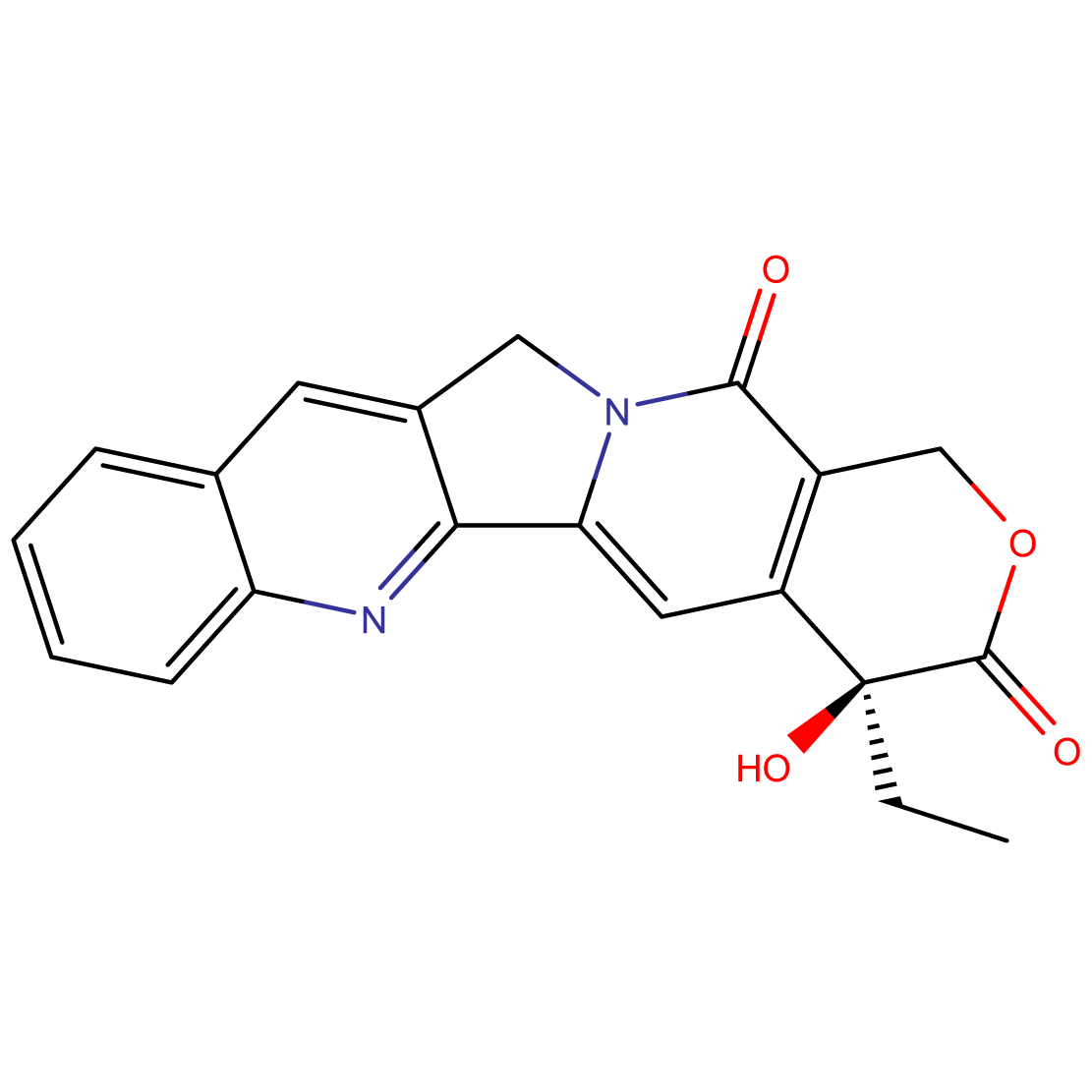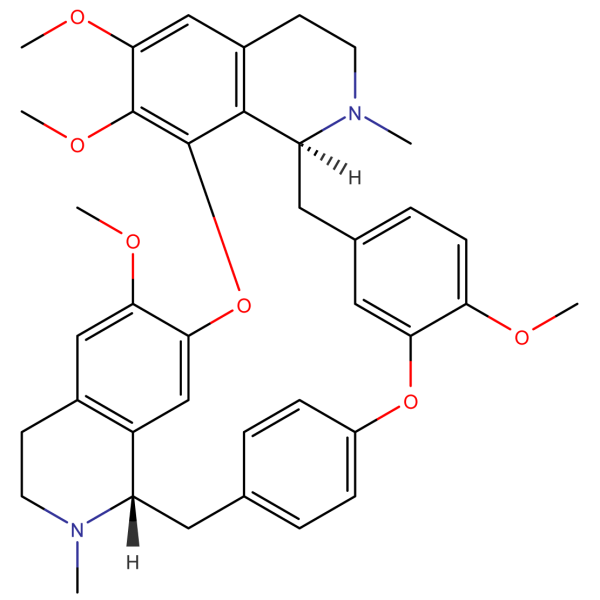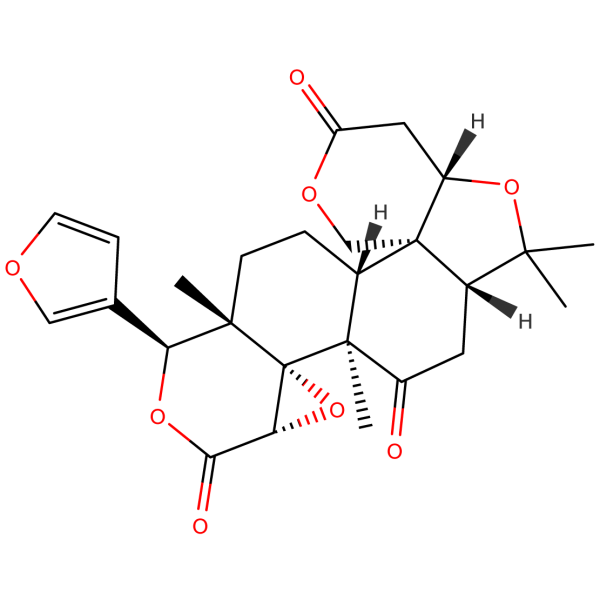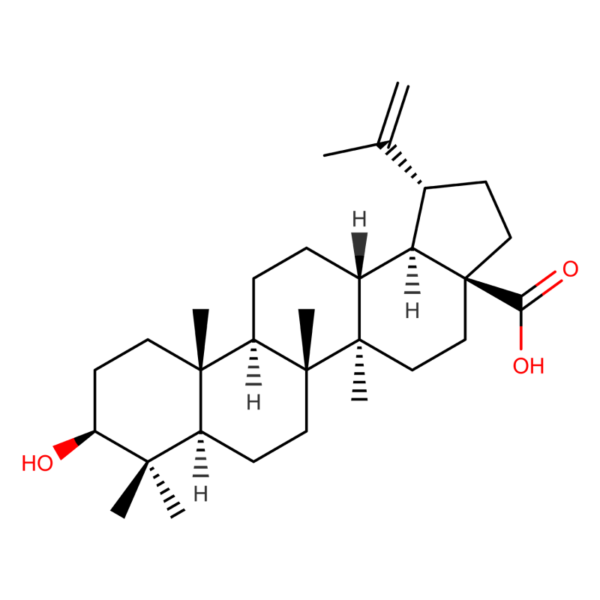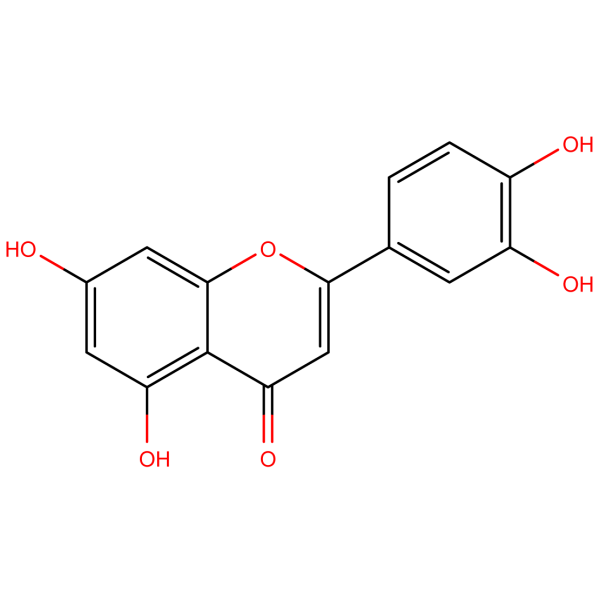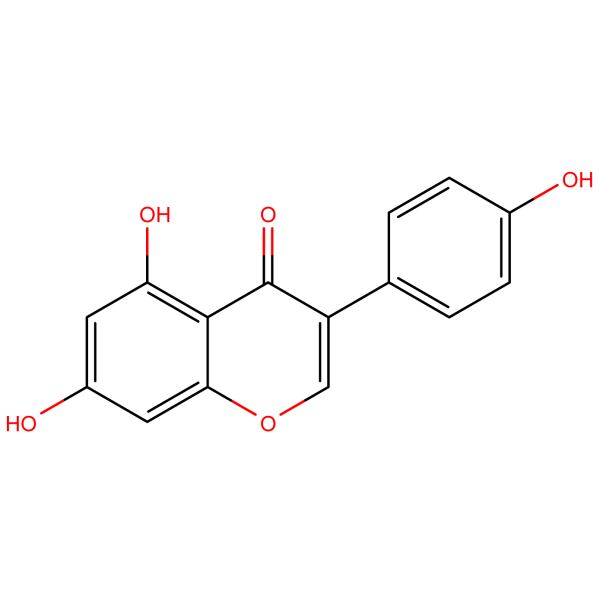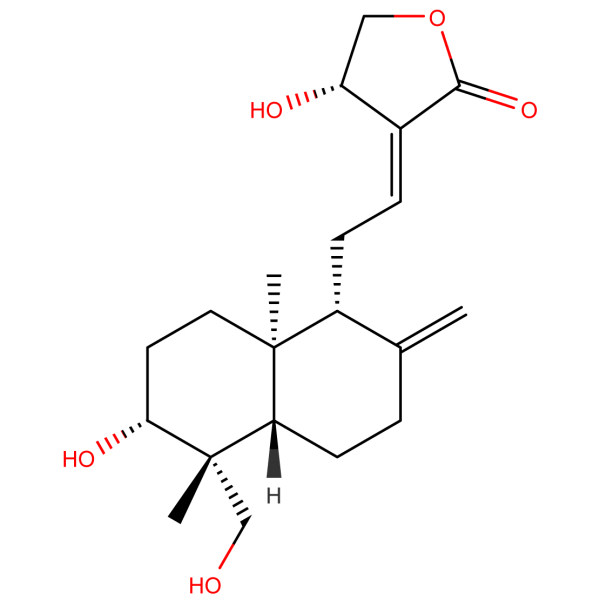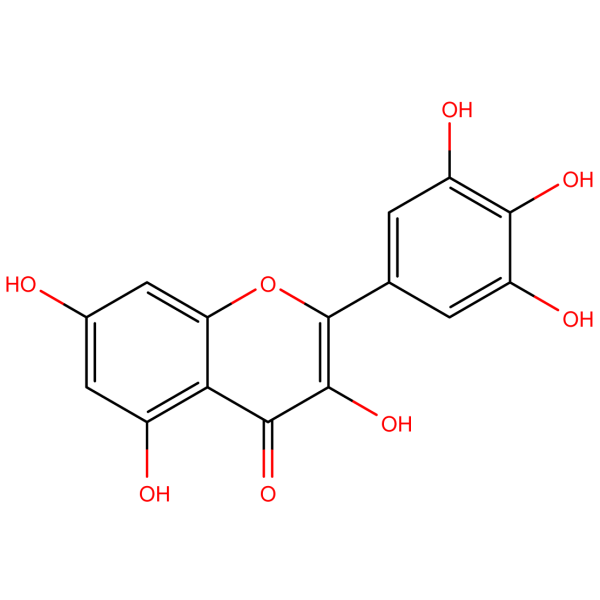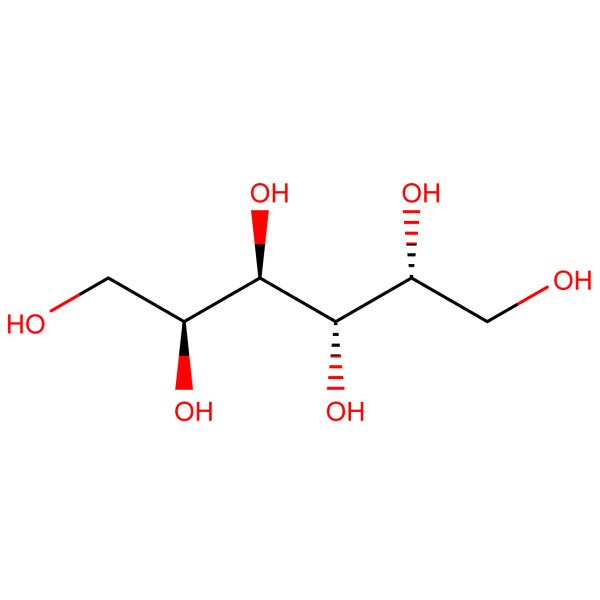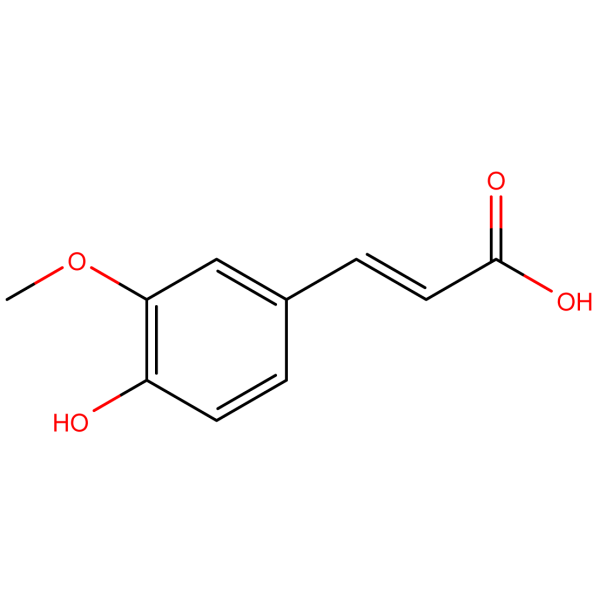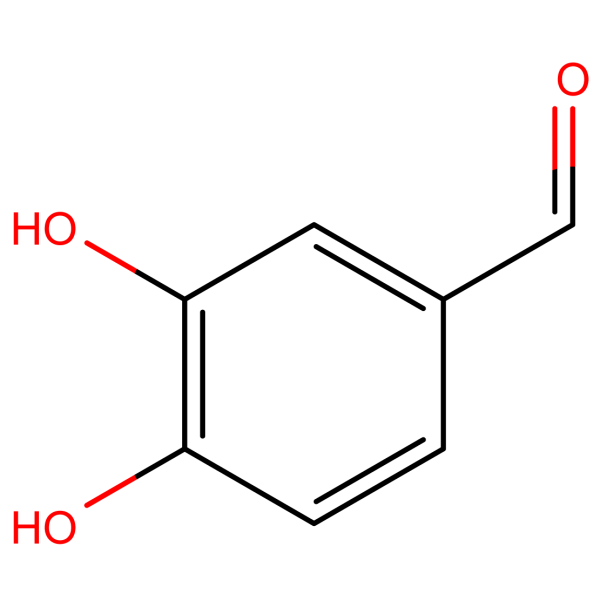Camptothecin: Potent Alkaloid for Advanced Cancer Research
1. Molecular Identity
- Chemical Name: (S)-4-Ethyl-4-hydroxy-1H-pyrano[3′,4′:6,7]indolizino[1,2-b]quinoline-3,14(4H,12H)-dione
- CAS Number: 7689-03-4
- Source: Naturally occurring in Camptotheca acuminata; also synthetically produced
2. Biochemical Significance
Camptothecin is a potent quinoline alkaloid with significant antineoplastic properties. Its unique molecular structure allows for specific inhibition of topoisomerase I, making it a compound of paramount interest in cancer research and drug development.
3. Key Properties of Camptothecin
- Topoisomerase I Inhibitor: Specifically targets and inhibits DNA topoisomerase I
- Antineoplastic Activity: Demonstrates potent anticancer effects across various tumor types
- S-Phase Specificity: Primarily active during DNA synthesis phase of cell cycle
- Structural Prototype: Serves as a model for developing improved anticancer drugs
4. Potential Research Applications
- Cancer drug development and optimization
- Mechanism of action studies in DNA topology
- Resistance mechanisms in cancer therapy
- Combination therapy investigations
5. Current Research Focus
Ongoing studies are investigating Camptothecin’s effects on:
- Various cancer types, including resistant tumors
- DNA damage response pathways
- Synergistic interactions with other anticancer agents
- Novel delivery systems to enhance efficacy and reduce toxicity
6. Formulation Challenges and Innovations
Researchers are actively working on:
- Improving solubility and stability of Camptothecin formulations
- Developing targeted delivery systems for enhanced tumor specificity
- Creating prodrug forms to optimize pharmacokinetics
7. Regulatory Considerations
Camptothecin (CAS 7689-03-4) itself is not approved for clinical use due to toxicity issues. However, its derivatives (e.g., irinotecan, topotecan) are FDA-approved anticancer drugs. Research use should comply with appropriate laboratory safety guidelines.
8. Future Research Directions
The scientific community anticipates:
- Development of new Camptothecin analogues with improved safety profiles
- Exploration of its potential in combination with immunotherapies
- Investigation of its role in targeting cancer stem cells
9. Collaborative Opportunities
We invite oncologists, medicinal chemists, pharmacologists, and academic institutions to explore the research potential of Camptothecin. For inquiries, collaborations, or to discuss how this compound can benefit your research projects, please contact us at sales@nstchemicals.com.
Join us in advancing cancer research with Camptothecin – a powerful alkaloid at the forefront of topoisomerase inhibition and anticancer drug development.

